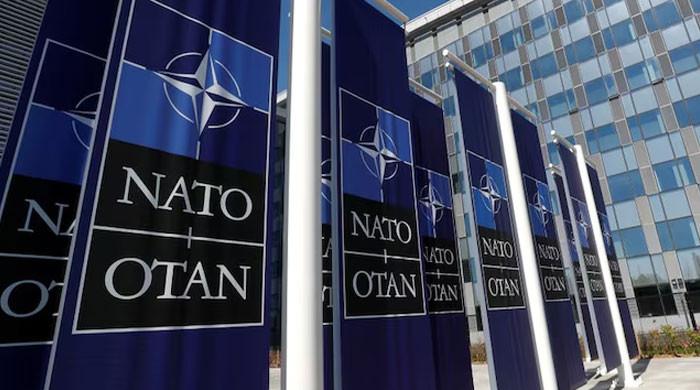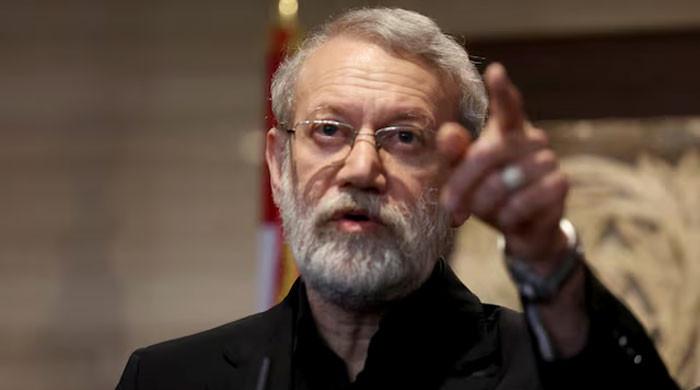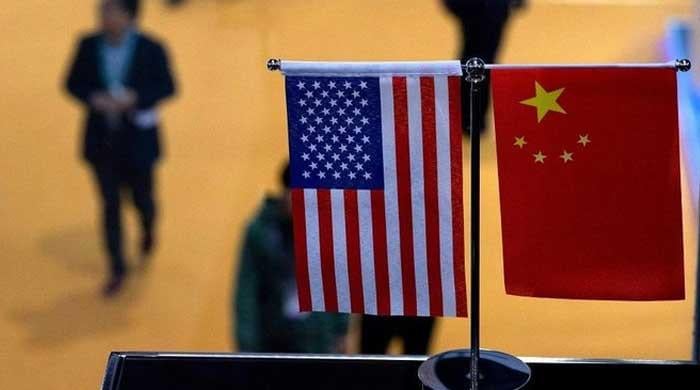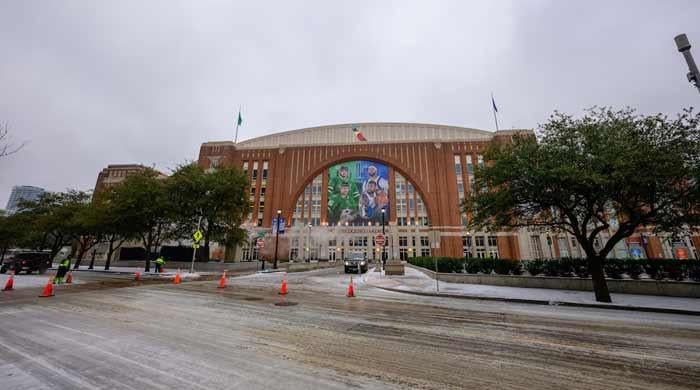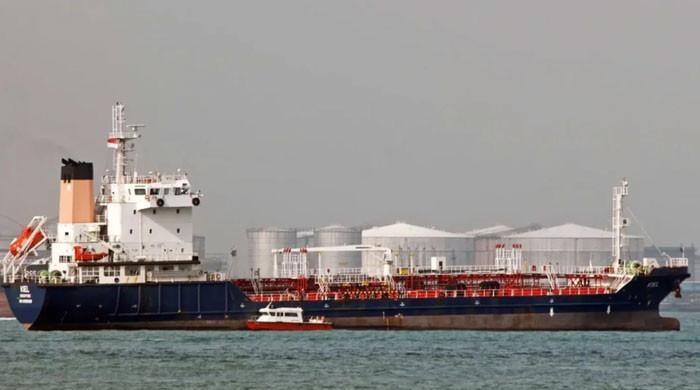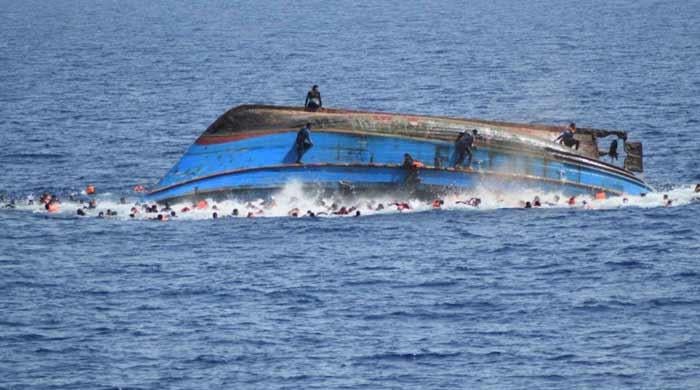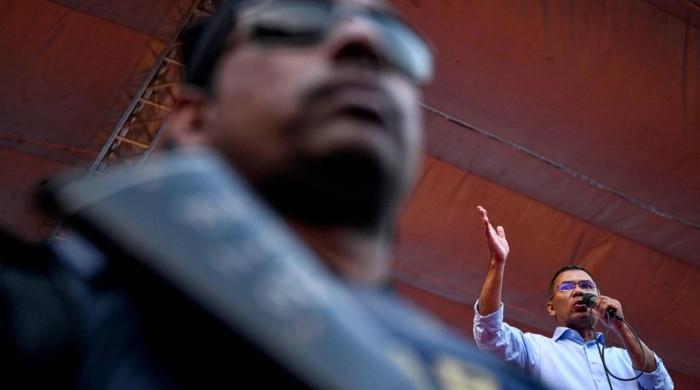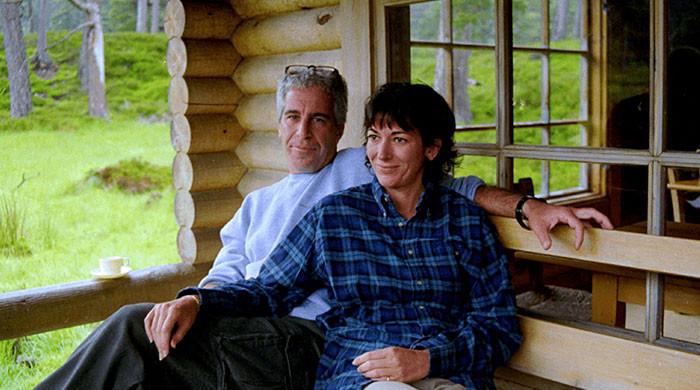Social media remains banned as India partially 'restores' internet in IoK
Any application that allows the Kashmiri people to communicate with each other will remain banned, Indian officials have made clear
January 15, 2020
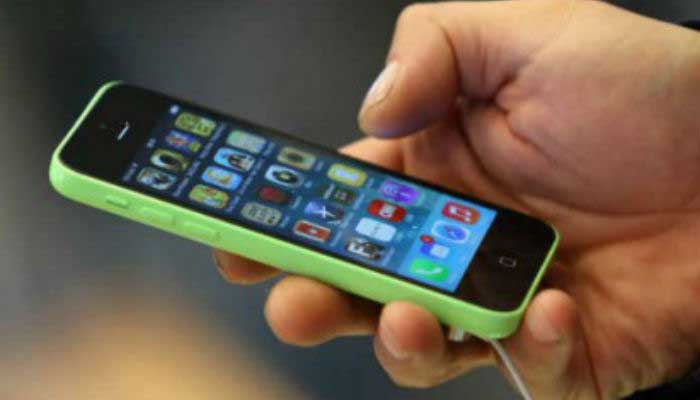
The Jammu and Kashmir administration on Wednesday is moving to partially 'restore' internet phone services in parts of the region, six months after they were first blocked by New Delhi when it revoked the special status of the valley, The Hindu reported.
However, there will be a complete restriction on social media applications that may facilitate peer to peer communication, India Today added.
Broadband and internet facilities are to be restored in five districts of the region.
The order, issued by Shaleen Kabra, principal secretary of the Jammu and Kashmir Home Department, further said that the Kashmir administration will establish 400 additional Internet kiosks, directing service providers to provide “broadband facility” to all institutions dealing with essential services, hospitals, banks, government offices, hotels, tour and travel establishments.
“Prior to giving such a facility, the lnternet Service Providers (ISP) shall install necessary firewalls and carry out ‘white-listing’ of sites that would enable access to government websites, websites dealing with essential services, e-banking, etc. excluding, however, all the social media sites. To amplify, there shall be complete restriction on social media applications allowing peer to peer communication and virtual private network applications for the time being,” the order added.
The decision to partially restore internet connectivity in the region follows a decision by the Indian Supreme Court last week where it had ordered the restoration of the internet for all essential services in Jammu and Kashmir.
An indefinite suspension of internet services was a violation of the country's telecom rules, the Supreme Court had said in its orders, directing authorities in occupied Kashmir to review all curbs.
Last year in December, India had announced it would allow some incoming text messages into occupied Kashmir.
Officials in Delhi said millions in the restive Himalayan region will be able to receive service messages, including one-time passwords from financial institutions. They will still be unable to send messages, they had added.
The August crackdown has drawn international criticism, with diplomats from several countries raising concerns about the sorry state of human rights in the valley.
Several hundreds of Kashmiri politicians, activists, lawyers and others remain in custody, mostly without charge, including former chief ministers and the mayor of capital Srinagar.




